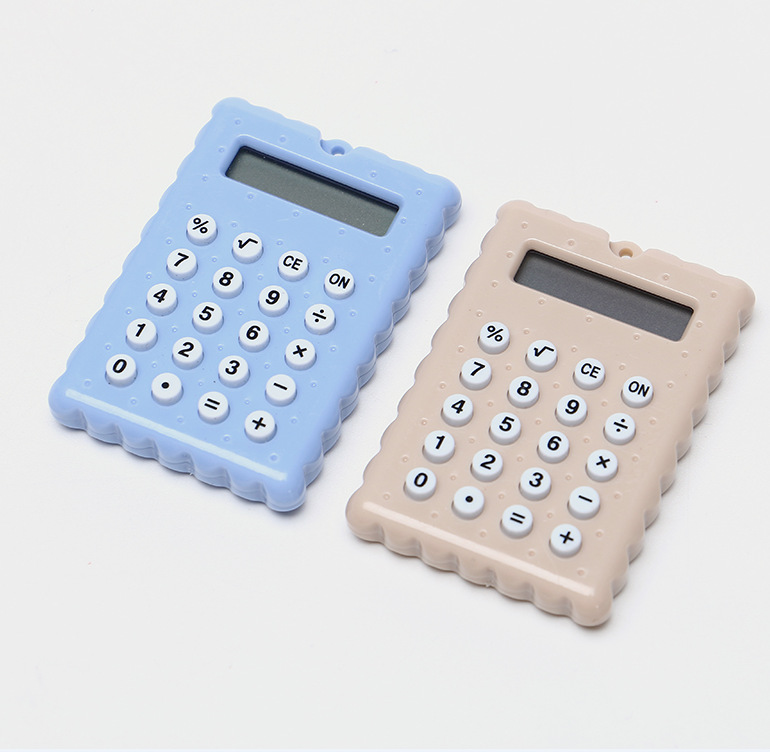Mini calculators have become essential tools in educational settings, empowering students with the ability to learn complex concepts and solve problems effectively. In this article, we’ll explore how mini calculators contribute to educational empowerment, fostering engagement, critical thinking, and mathematical proficiency.
Engaging Learning Tool: Mini calculators engage students by providing quick results and allowing them to focus on understanding concepts rather than laborious calculations.
Practical Application of Concepts: Students can apply theoretical concepts to practical calculations, enhancing their understanding and providing real-world context to their learning.
Critical Thinking and Problem Solving: Mini calculators encourage critical thinking by enabling students to solve complex problems, analyze data, and make informed decisions.
Accessible Skill Development: Students develop essential skills in using technology for calculations, preparing them for a technology-driven future.
Teacher Facilitation: Teachers can leverage mini calculators to illustrate mathematical principles, guide problem-solving strategies, and facilitate interactive learning experiences.
Conclusion: Mini calculators play a significant role in educational empowerment by engaging learners, fostering practical application of concepts, enhancing critical thinking and problem-solving skills, enabling accessible skill development, and supporting teachers in creating effective learning environments.













